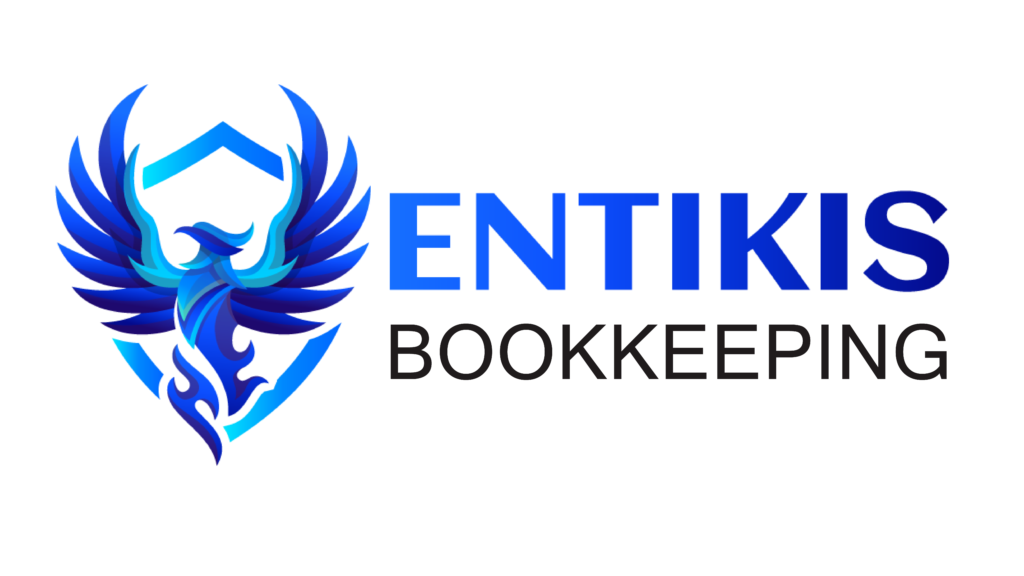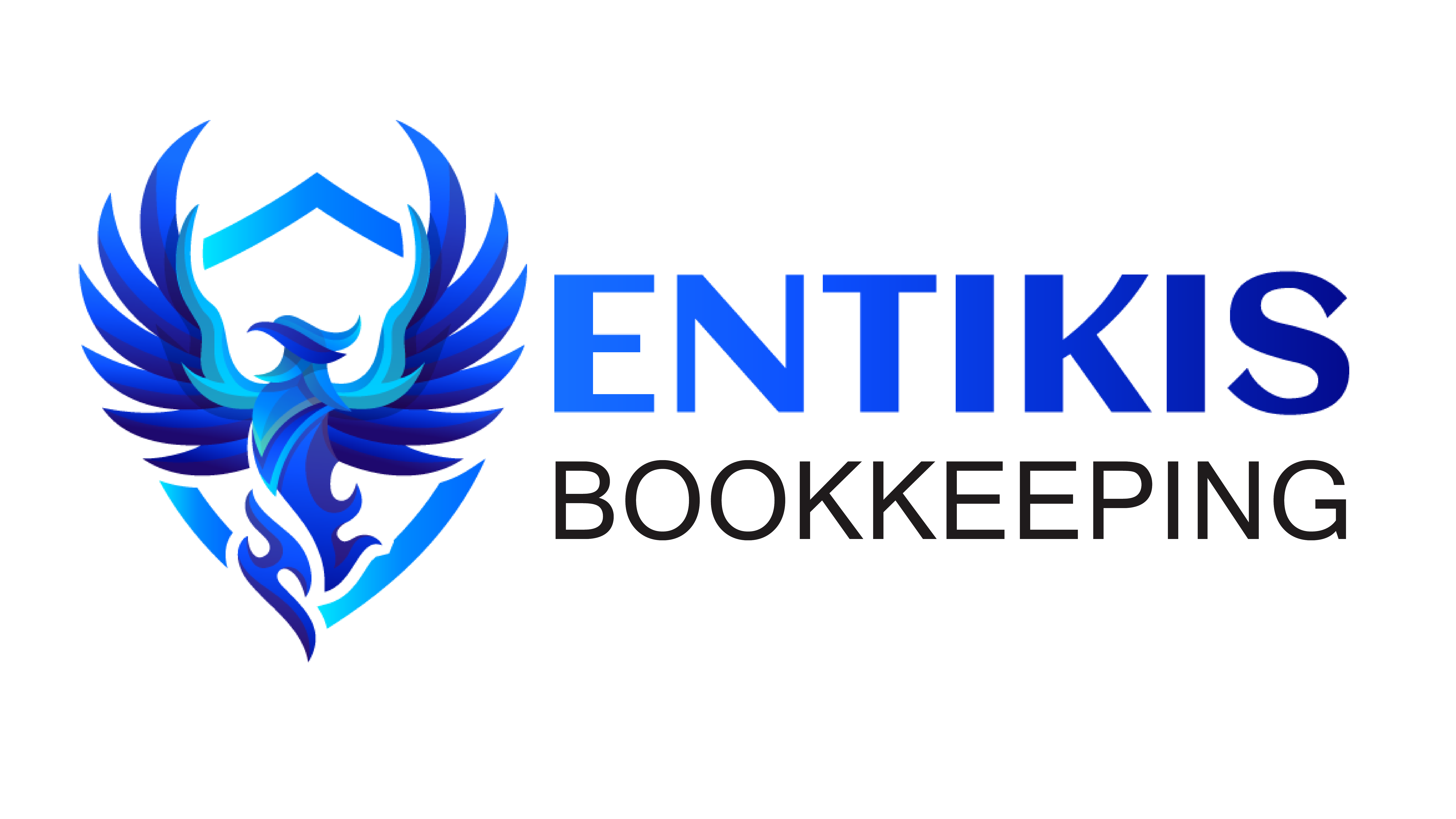Leases are an essential part of many businesses, particularly for assets such as real estate, vehicles, and equipment. Proper accounting for leases is crucial for the accurate portrayal of a company’s financial position. Here are some tips to help you navigate lease accounting:
1. Understand Lease Accounting Classifications:
First, understand the type of lease you are dealing with. There are two main types: operating leases and finance leases (known as capital leases in the US). Operating leases are treated like rental contracts, while finance leases are treated like loans to purchase the asset.
2. Identify Lease Components:
It’s crucial to identify and separate the components of a lease agreement, such as lease and non-lease components. Non-lease components can include maintenance or other services provided by the lessor.
3. Know the Lease Term:
The lease term affects the classification of the lease and the lease liability. It includes any periods covered by an option to extend the lease if the lessee is reasonably certain to exercise that option.
4. Determine the Lease Liability:
Lease liability is the present value of lease payments over the lease term. The discount rate is typically the rate implicit in the lease if it is readily determinable. If not, the lessee’s incremental borrowing rate is used.
5. Recognize Right-of-use (ROU) Asset:
For both types of leases, lessees must recognize a ROU asset on the balance sheet. The initial measurement of the ROU asset includes the initial lease liability, plus any initial direct costs, lease payments made before or at commencement, and less any lease incentives received.
6. Perform Regular Updates:
The carrying amount of the lease liability and ROU asset should be reassessed at each reporting date. This includes updating the lease liability for interest and payments and depreciating the ROU asset.
7. Disclose Adequate Information:
According to ASC 842 (the new lease accounting standard issued by the Financial Accounting Standards Board), lessees are required to provide detailed disclosures in their financial statements to enable users to assess the amount, timing, and uncertainty of cash flows arising from leases.
8. Use Software Tools:
Managing and accounting for leases, especially for businesses with a large number of leases, can be complex. Therefore, using software tools designed to handle lease accounting can save a lot of time and reduce the chances of errors.
9. Stay Up-to-date with Regulations:
Lease accounting standards can and do change. For instance, the switch from ASC 840 to ASC 842 in the US brought about significant changes to lease accounting. So it’s essential to stay updated on the latest lease accounting standards and practices in your jurisdiction.
Lease accounting can be complex and it is advisable to seek professional advice when in doubt. A certified accountant or a financial advisor can provide expert advice tailored to your specific situation.
Remember that these tips are just a guide. The specific details and implications of lease accounting can vary significantly depending on the specifics of the lease and the jurisdiction.
If You Are Looking For Professional Bookkeeping Services, Please Contact Us At Admin@Entikis.Com And 817-415-1715 To Learn More About How Entikis Bookkeeping Can Support Your Journey To Success! Located At 640 Taylor St Suite , Fort Worth, TX, United States, Texas. We Offer Professional Bookkeeping Services For Businesses In The Burleson, Fort Worth And The Surrounding Tarrant County Metroplex.
Lease Accounting Overview: Navigating Lease Management in Fort Worth, Texas
Lease accounting is a critical aspect of financial management for businesses in Fort Worth, Texas, and across the globe. Leasing allows businesses to access essential assets such as real estate, vehicles, and equipment without the upfront costs associated with outright purchases. However, lease accounting involves complex rules and regulations that require careful consideration and adherence to ensure accurate financial reporting. In this comprehensive guide, we’ll explore lease accounting in Fort Worth, Texas, covering key concepts, accounting standards, and the implications for businesses operating in the vibrant business landscape of Fort Worth.
Understanding Lease Accounting:
Lease accounting involves the recognition, measurement, and disclosure of lease-related transactions in a company’s financial statements. Leases are classified as either operating leases or finance leases (formerly known as capital leases). Operating leases are similar to rental agreements, while finance leases essentially transfer ownership of the leased asset to the lessee by the end of the lease term. Lease accounting standards, such as ASC 842 (Accounting Standards Codification), govern how leases are accounted for and reported in financial statements, ensuring transparency and comparability across organizations.
Lease Classification and Recognition:
Proper lease classification is essential for determining how leases are accounted for in financial statements. Under ASC 842, lessees must recognize both operating and finance leases on the balance sheet, reflecting the right-of-use (ROU) asset and lease liability. Operating leases result in straight-line lease expense recognition over the lease term, while finance leases require amortization of the ROU asset and interest expense on the lease liability. Lease accounting in Fort Worth, Texas, requires careful evaluation of lease terms, payment structures, and economic incentives to ensure accurate classification and recognition of lease transactions.
Lease Measurement and Initial Recognition:
The initial measurement of lease assets and liabilities is a critical step in lease accounting. The lease liability represents the present value of lease payments over the lease term, while the ROU asset reflects the lessee’s right to use the leased asset. Determining the appropriate discount rate for lease calculations is essential, typically based on the lessee’s incremental borrowing rate or the rate implicit in the lease. Lease accounting standards in Fort Worth, Texas, require lessees to account for lease incentives, initial direct costs, and prepayments in the measurement of lease assets and liabilities, ensuring accurate representation of lease obligations.
Lease Modifications and Remeasurement:
Lease accounting involves ongoing evaluation and adjustments to lease assets and liabilities throughout the lease term. Lease modifications, such as changes in lease terms or payment schedules, require remeasurement of lease assets and liabilities to reflect the updated terms. In Fort Worth, Texas, businesses must carefully assess the impact of lease modifications on financial statements, ensuring compliance with accounting standards and transparency in reporting. Lease accounting software and systems play a vital role in facilitating lease modifications and remeasurements, streamlining processes and enhancing accuracy in lease accounting.
Lease Disclosures and Reporting:
Transparent disclosure of lease-related information is essential for stakeholders to understand a company’s leasing activities and their impact on financial performance. Lease accounting standards require comprehensive disclosures in financial statements, including information about lease terms, payment obligations, significant assumptions, and maturity analysis of lease liabilities. In Fort Worth, Texas, businesses must provide clear and informative disclosures to investors, creditors, and other stakeholders, enhancing transparency and facilitating informed decision-making.
Effective lease accounting requires collaboration between finance, accounting, and operational teams to ensure accurate lease data collection, analysis, and reporting. In Fort Worth, Texas, businesses can benefit from leveraging advanced lease accounting software and technology solutions that automate lease administration processes, streamline lease data management, and facilitate compliance with regulatory requirements. By investing in robust lease accounting systems and fostering cross-functional collaboration, businesses in Fort Worth can enhance efficiency, mitigate risks, and unlock strategic insights to drive informed decision-making in lease management and financial planning.
In conclusion, lease accounting is a complex yet essential aspect of financial management for businesses in Fort Worth, Texas. By understanding lease classification, recognition, measurement, modifications, and disclosures, companies can navigate lease transactions effectively and comply with accounting standards such as ASC 842. Lease accounting software and systems can streamline lease management processes, improve accuracy, and enhance transparency in financial reporting. With a solid understanding of lease accounting principles and practices, businesses in Fort Worth, Texas, can optimize their lease portfolios, mitigate risks, and drive financial success in the dynamic business environment of Fort Worth and beyond.




